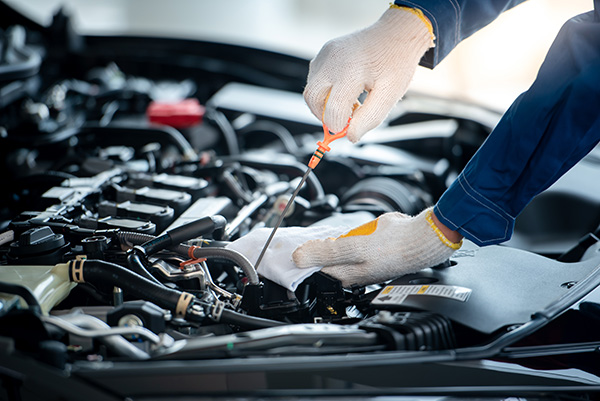
Regular tune-ups are paramount when it comes to keeping your car in top shape. Not only do they extend the life of your vehicle, but they also significantly improve fuel efficiency. With rising fuel costs, who wouldn't want to get the most miles per gallon? We'll explore how a tune-up service enhances fuel efficiency, the key components involved, and why it's a smart move for every car owner.
What Is the Tune-Up Service
A tune-up is a comprehensive maintenance procedure that includes inspecting and servicing various parts of your car to ensure optimal performance. This often involves replacing spark plugs, cleaning or replacing the air filter, checking the fuel filter, inspecting and adjusting the timing and idle settings, and ensuring that the battery and electrical systems are functioning correctly. A tune-up helps your car run more efficiently and smoothly by addressing these elements.
Cleaner Air Filters Mean Better Combustion
One of the most critical components checked during a tune-up is the air filter. A clean air filter allows the engine to "breathe" better, ensuring that the right mix of air and fuel is used for combustion. If the air filter is dirty or clogged, it restricts airflow, leading to an overly rich fuel mixture that can decrease fuel efficiency. By replacing or cleaning the air filter, you can ensure that your engine operates at its best, leading to better fuel economy.
Spark Plugs
Spark plugs play a crucial role in the combustion process by igniting the air-fuel mixture in the engine. Over time, spark plugs can wear out, leading to misfires and incomplete combustion. This not only reduces fuel efficiency but can also cause other engine problems. During a tune-up, worn-out spark plugs are replaced, ensuring that your engine fires efficiently and consistently. This small but significant change can have a big impact on your car's fuel consumption.
Fuel Filters
Another key aspect of a tune-up is inspecting and replacing the fuel filter if necessary. The fuel filter prevents dirt and debris from entering the engine, ensuring that only clean fuel is used for combustion. A clogged fuel filter can restrict fuel flow, forcing the engine to work harder and use more fuel. By keeping the fuel filter clean, you ensure that your engine receives a steady supply of clean fuel, which helps maintain optimal fuel efficiency.
Optimizing Timing and Idle Settings
During a tune-up, mechanics will also check and adjust the engine's timing and idle settings. Proper timing ensures that the engine operates at peak efficiency, while correct idle settings help prevent unnecessary fuel consumption when the car is not in motion. These adjustments can significantly improve fuel efficiency, making your car run smoother and use less fuel.
Battery and Electrical System Checks
While the battery and electrical systems might not directly affect fuel efficiency, they play a supporting role in overall vehicle performance. A weak battery or malfunctioning electrical system can put additional strain on the engine, leading to higher fuel consumption. During a tune-up, these systems are inspected and serviced as needed, ensuring that everything works harmoniously and efficiently.
Ready to boost your car's fuel efficiency? Visit J & F Motors today for a comprehensive tune-up service and experience the difference!